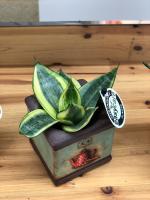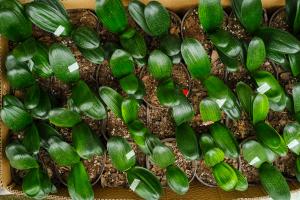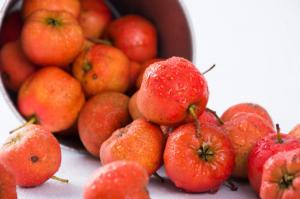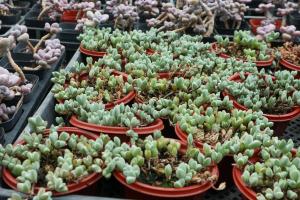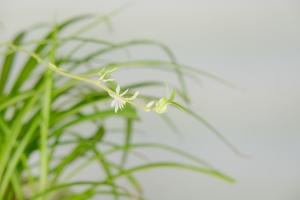Introduction
Annual plants are a type of plant that completes its life cycle in one growing season. Unlike perennial plants, which can live for multiple years, annual plants are typically planted in the spring or early summer and will grow, flower, and produce seeds before dying in the fall or winter. In this article, we will discuss the characteristics of annual plants and their benefits for gardeners.
Characteristics of Annual Plants
Annual plants have a number of characteristics that make them unique from other types of plants. In general, annual plants:
1. Grow quickly: Annual plants usually grow very quickly, putting all their energy into producing stems, leaves, and flowers in a short amount of time.
2. Flower profusely: Because they have a limited amount of time to produce seeds, annual plants will often flower more abundantly than other types of plants.
3. Produce large quantities of seeds: Since their survival depends on producing seeds for the next growing season, annual plants will often produce an abundance of seeds in a short period of time.
Benefits of Annual Plants
Annual plants offer a number of benefits for gardeners, including:
1. Colorful displays: Because annual plants often produce abundant flowers, they can create eye-catching displays of color in a garden or landscape.
2. Low maintenance: Many annual plants require little maintenance once established, which can make them an attractive option for beginning gardeners or those with limited time to care for their plants.
3. Fast results: Because annual plants grow quickly and flower profusely, they can provide fast results for gardeners who want to see their hard work pay off quickly.
Common Annual Plants
There are many different types of annual plants, each with its own unique characteristics and requirements. Some of the most common annual plants include:
1. Marigolds: These colorful flowers are easy to grow and can help repel pests from your garden.
2. Sunflowers: Known for their large size and bright yellow petals, sunflowers can add a touch of whimsy to any garden.
3. Zinnias: With their bright, bold colors, zinnias are a popular choice among gardeners looking to add a pop of color to their landscape.
4. Petunias: These popular flowers come in a wide range of colors and boast a long blooming period.
Conclusion
In conclusion, annual plants are an attractive option for gardeners looking for colorful, low-maintenance plants that offer fast results. With their quick growth, profuse flowering, and abundance of seeds, annual plants can help create beautiful displays in any garden or landscape. Whether you're a beginning gardener or an experienced green thumb, there's sure to be an annual plant that's right for you.

 how many times do yo...
how many times do yo... how many planted tre...
how many planted tre... how many pine trees ...
how many pine trees ... how many pecan trees...
how many pecan trees... how many plants comp...
how many plants comp... how many plants can ...
how many plants can ... how many plants and ...
how many plants and ... how many pepper plan...
how many pepper plan...